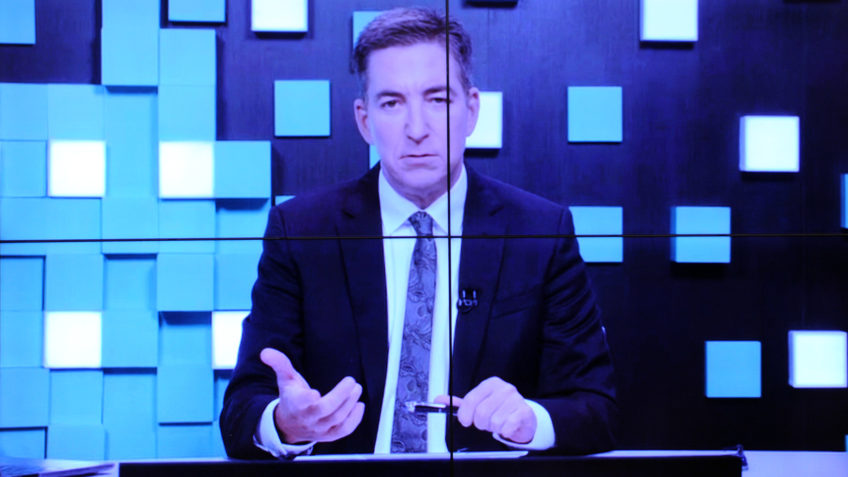On April 16, 2024, American journalist Glenn Greenwald highlighted Brazil’s extreme censorship, surpassing other democracies.
He addressed the Brazilian High House’s Foreign Affairs Committee via videoconference, focusing on judicial actions affecting the social media platform X, formerly Twitter.
Greenwald has notably shaped Brazilian political discourse through his investigative journalism, including the “Vaza Jato” leaks.
These leaks detailed interactions between former judge Sergio Moro and prosecutors during Operation Car Wash and led to reversing convictions, including that of former President Luiz Inácio Lula da Silva.
Greenwald criticized the Brazilian Supreme Federal Court (STF) for enforcing censorship without legal basis and for lacking due process.

He accused the STF of fabricating reasons to justify its actions. In January 2023, Greenwald revealed a document by STF Justice Alexandre de Moraes.
It ordered the secretive removal of extremist profiles and demanded user data from social platforms without public explanation.
During the same meeting, journalist Michael Shellenberger advocated for free speech, even for controversial groups, to challenge and refute their views.
Shellenberger has highlighted similar censorship issues in Brazil, including leaked communications from X’s legal team about judicial content moderation requests during electoral processes.
Greenwald Exposes Severe Censorship in Brazil
The session also touched on the “Twitter Files Brazil,” inspired by the original “Twitter Files” released after Elon Musk’s acquisition of X.
This series depicted government meddling in social media moderation, akin to U.S. interventions during the 2020 elections involving Hunter Biden.
These events emphasize the significant concerns about free speech and social media’s role in democracy, especially Brazil’s judiciary’s handling of digital censorship on a global stage.

